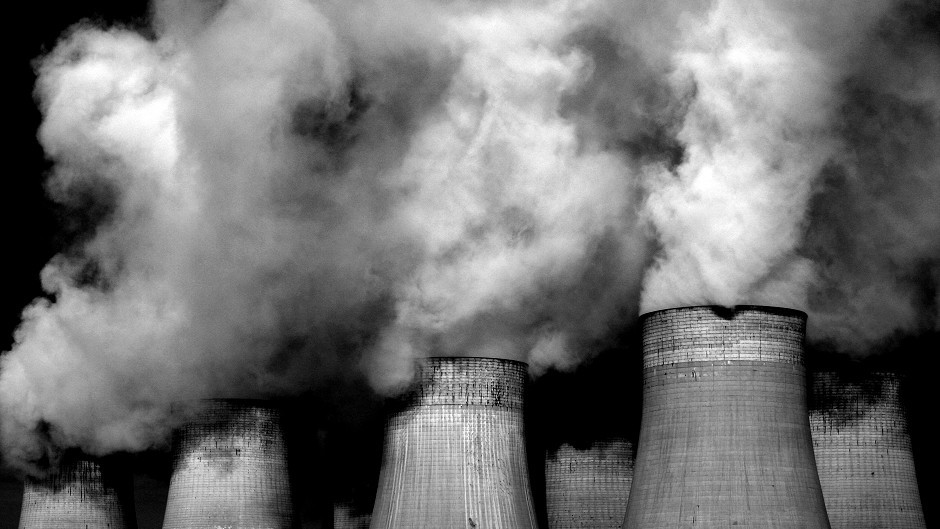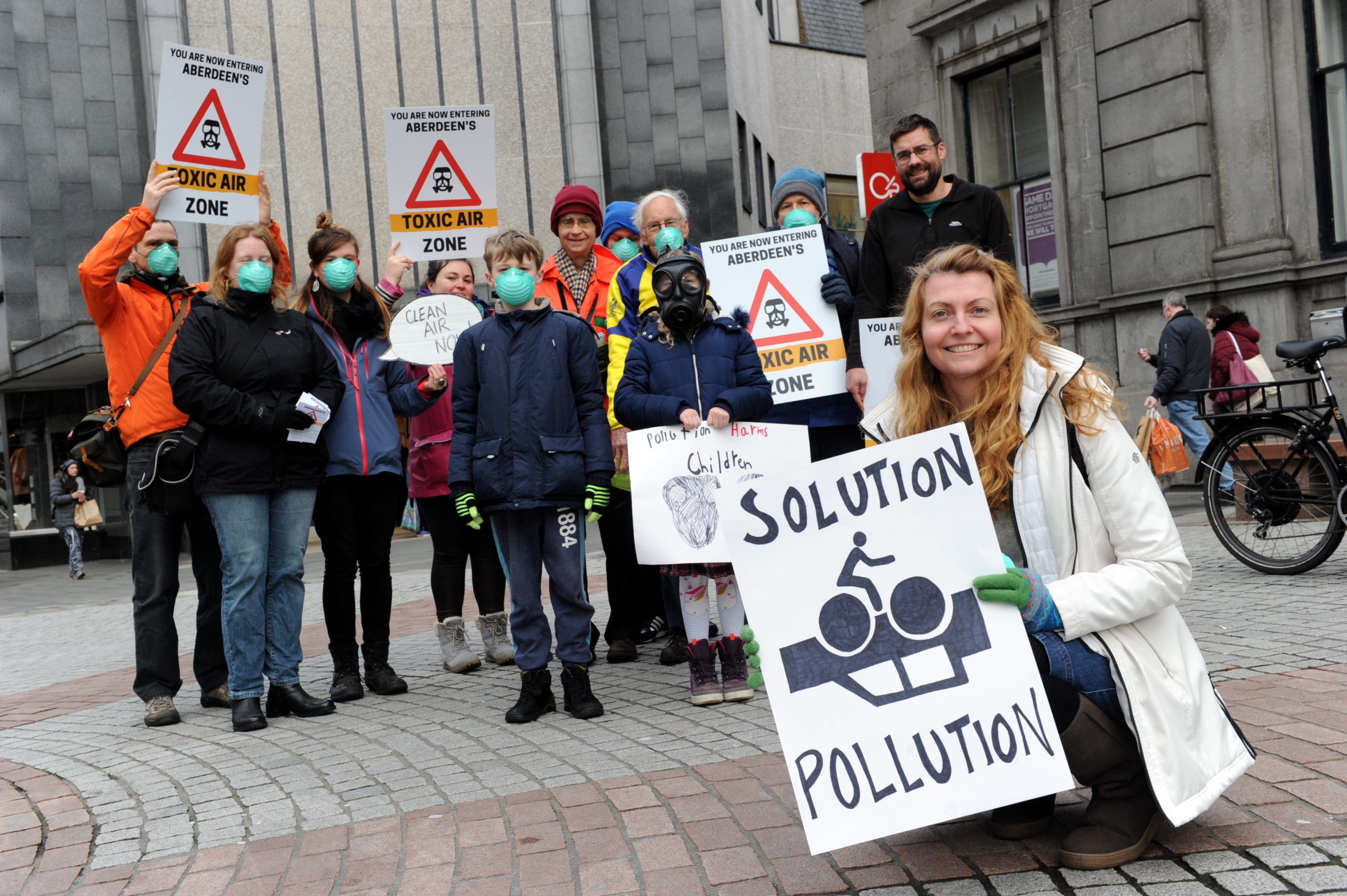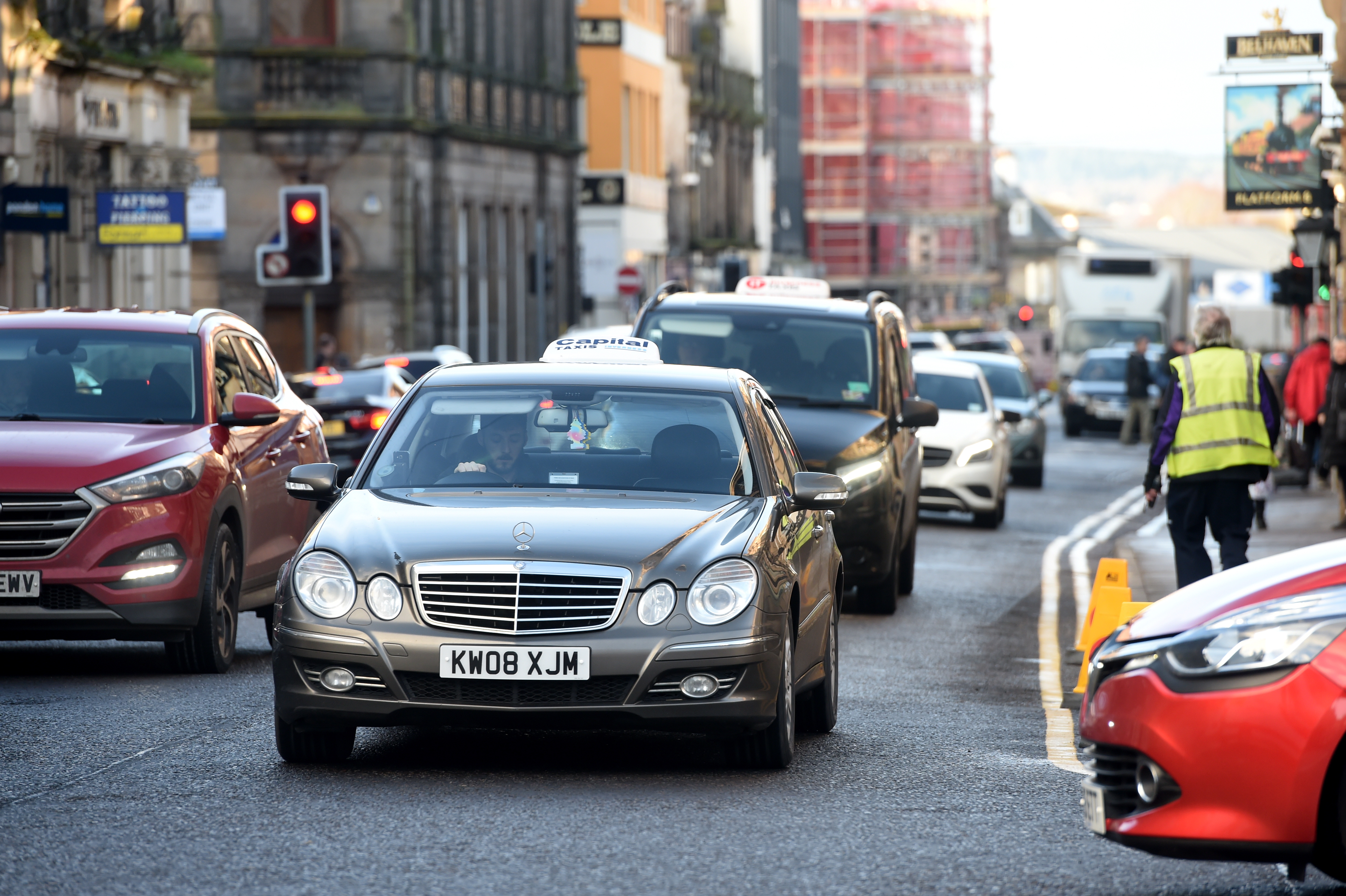With roads largely empty, planes grounded and train services greatly reduced, the lockdown has had the effect of helped millions across the globe reduce their carbon footprint.
Already, there has been a marked reduction in greenhouse gas emissions – as well as air and water pollution – in parts of China and Europe during lockdown.
This week, it was predicted that in 2020 the world’s carbon dioxide pollution output will fall by the largest amount in more than 70 years.
While lockdown has stalled a number of valuable studies into climate change, environmental activists hope that businesses, governments and individuals can learn lessons from the experience which can be adapted to the fight against climate change.
Rachel Martin, an environmental activist in Aberdeen, said: “Habits are hard to change, but even if a small percentage of people choose to reduce their car journeys after this, it will be progress.
“We are facing a huge threat with the coronavirus pandemic, but the same problems, such as food provision, will be present during the fight against climate change long after this is over.
“Hopefully we can learn from this can try to create lasting change.”
Ms Martin added that changes in people’s lifestyles could also result in strides in improving public health.
She said: “The NHS has been underfunded for years and if people walk or cycle more after this we can do our bit to take pressure off them.”
Guy Ingerson, co-convenor of Aberdeen and Aberdeenshire Greens, said: “China has already experienced a noticeable change in air quality, something I hope we will also see here.
“As a result of the sanctioned exercise, people might already be noticing the effects of less cars and pollution and be more appreciative of nature.”
Mr Ingerson is, however, cautious in his predictions, as he fears a “slippery slope” back to previous pollution levels may be on the cards, as major corporations could feel “pressure to churn out as much industry as possible” after lockdown is over.
The country’s climate change secretary, Roseanna Cunningham, said that when the delayed scheme returned, it could contribute to a “green recovery” plan for Scotland.
Friends of the Earth Scotland campaigner, Caroline Rance, said: “The people-powered responses to coronavirus have shown clearly our collective concern for our neighbours and wider society and we must take this approach into tackling the climate emergency.
“The climate emergency remains urgent and solutions to the climate and environmental crises must be socially just.
Due to the Coronavirus crisis, the UN Climate Talks in Glasgow have been delayed until next year. This is what we think should happen next 👇
Full story: https://t.co/XIj9Qgv5Zw.#COP26 pic.twitter.com/mRl0wVTBFM
— Friends of the Earth Scotland 🌎 (@FoEScot) April 4, 2020
“This pandemic shows how important it is that climate action tackles existing inequalities and protects the most vulnerable – both at home and around the world.”


